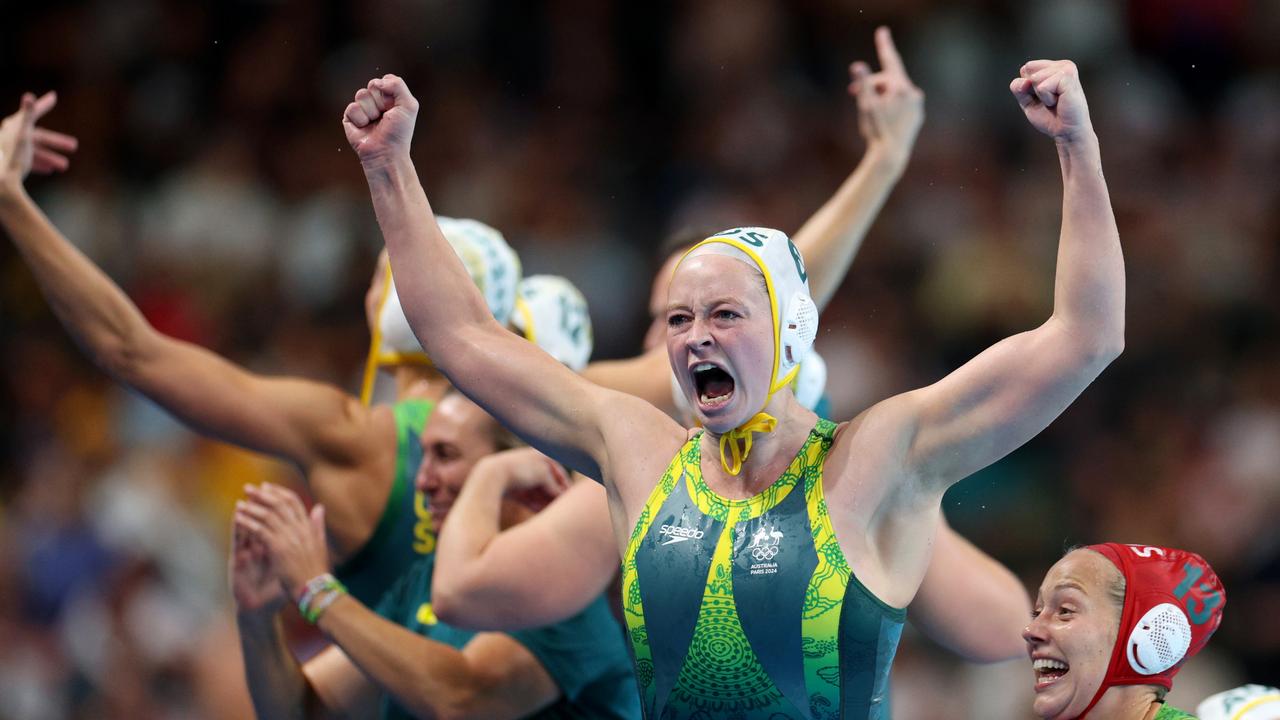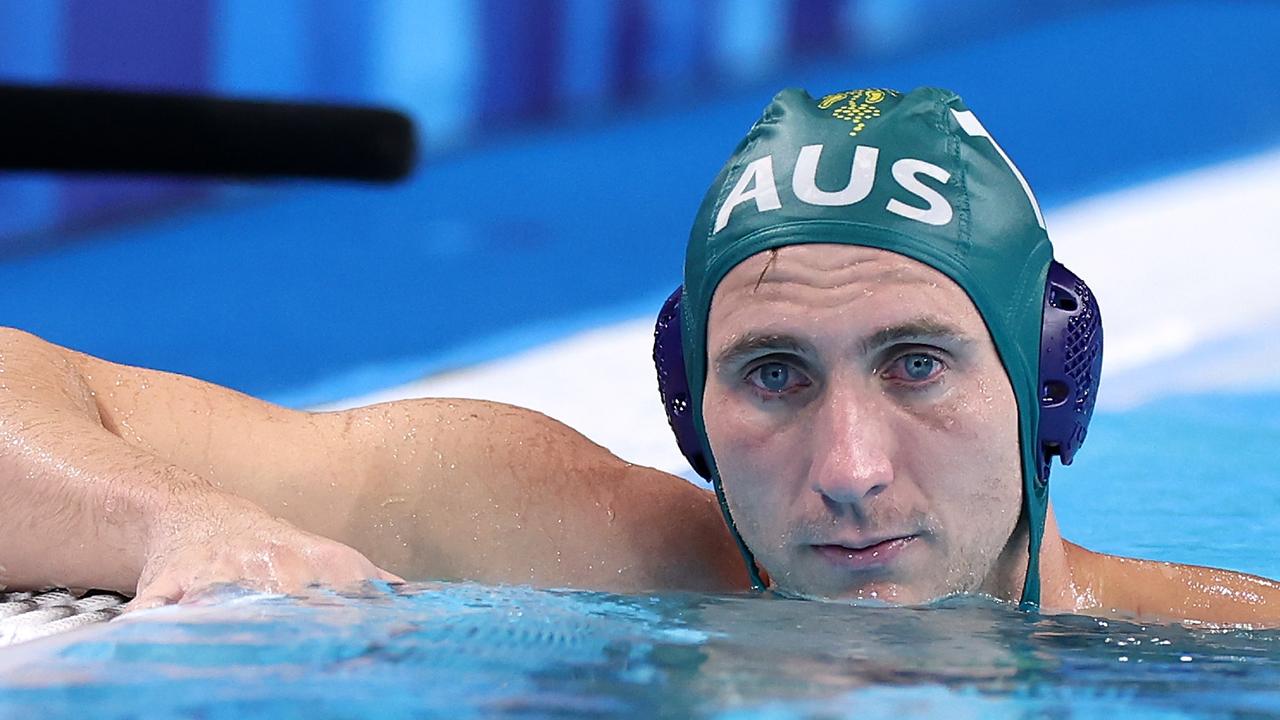Rio changes the game for Olympic sponsorship with controversial exemption for athletes
A BILLION dollar battle is being waged behind the scenes in Rio that could change the way the Games are run.
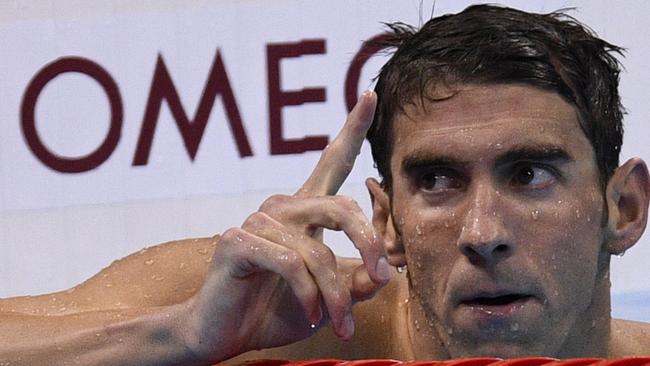
Teams
Don't miss out on the headlines from Teams. Followed categories will be added to My News.
AS WORLD class athletes power their way to gold in Rio, another battle is taking place behind the scenes.
Unnamed teams from the International Olympic Committee (IOC) and their national partners use the latest analytics and data technology to scour social media and monitor thousands of hours of broadcast footage looking for infringements that will lead to “swift action”.
They’re hunting examples of “ambush marketing” on social media — where unofficial sponsors try to capitalise on the hype of the Games without paying for the privilege — as well as illegal use of Olympic footage and branding.
Four Communications sports marketing strategist Alun James — who worked on the London 2012 bid — said it’s all part of the IOC-led “internet monitoring program” that is a crucial part of protecting the multi-million dollar investments made by official sponsors such as Coca-Cola, McDonald’s, Visa and Panasonic.
“The IOC digital search tools are very strong on monitoring what is promoted,” he said.
“They have people monitoring it and legal teams checking they have no violations. If they’re asking for significant sums of money they need to protect those that are paying that money.”
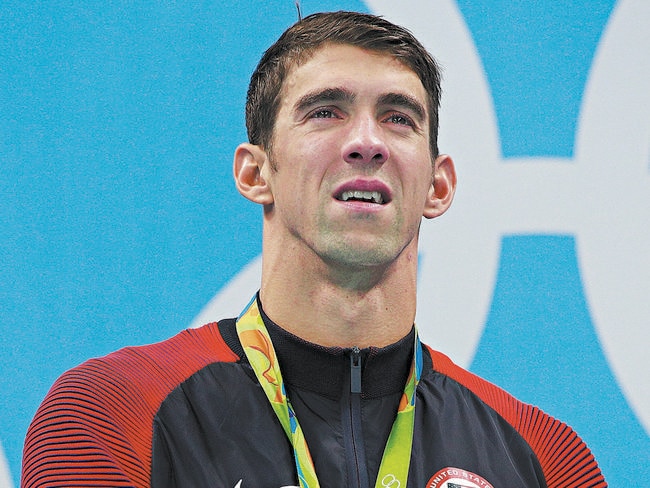
RIO GAME-CHANGER
The enforcement is a critical part of protecting the Olympic juggernaut which reaped $7.3 billion in commercial partnerships and broadcast sales between 2013 and 2016.
The IOC claims 90 per cent of that money goes back to national teams with the limited number of commercial partnerships key in keeping the Games “clean” and ensuring the Olympics remain focused on sport rather than awash with advertising.
But Rio has proved a testing ground for a new model that could shake up the lucrative sponsorship battle due to an exemption that has been granted to athletes for the first time.
Usually, images of the world’s best athletes, coaches and trainers are off-limits for advertises except official sponsors during a blackout period around the games under the IOC’s “Rule 40”.
However this year, athletes have been able to apply for an exemption to the rule for “personal sponsors” who have supported them in existing campaigns for years.
It means, subject to approval from a National Olympic Committee, long-term brand associations can continue to run during the games so long as they avoid Olympic associations such as rings or words like “victory”, “2016” “summer” and “games”.
The change has seen Rio dubbed the “best case study” for a rule that could shake up Olympic commercial partnerships. McDonald’s sponsorship boss John Lewicki told Reuters Rio could be used to decide the fate of future Olympic deals.
“I wouldn’t necessarily say we’re all happy about it,” he said in June. “If we find rule 40 impacts the value of our sponsorship, we could always go back and renegotiate for the future.”
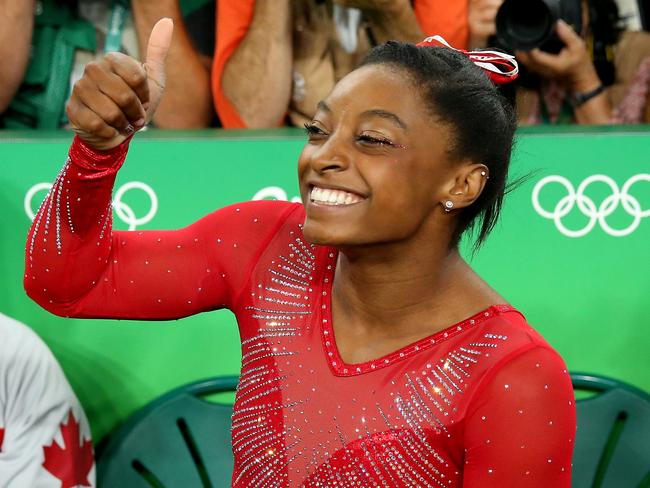
UNDER ARMOUR WINS BIG
Baltimore-based sportswear company Under Armour is an example of a brand that has been winning big from long-term associations with athletes like Michael Phelps, Andy Murray and the US gymnastics team.
While not as large as Nike, who sponsors the official US team and gets its logo on screen when gold medals are worn, the brand has benefited from a cleverly orchestrated social media campaign based on tweets and video that do not include Olympic branding.
Legacies like his are built over a lifetime. @MichaelPhelps #RuleYourself pic.twitter.com/gw1hLaOota
— Under Armour (@UnderArmour) 14 August 2016
No one else has been as unbeatable in the pool as @MichaelPhelps #RuleYourself 🇺🇸 pic.twitter.com/BvdjeD2ULA
— Under Armour (@UnderArmour) 14 August 2016
History is made every day, in practice, in the weight room, on the court. @Andy_Murray #RuleYourself 🇬🇧 pic.twitter.com/9i62Lxj0us
— Under Armour (@UnderArmour) 25 July 2016
Forbes reports company stock is up 2.3 per cent and it recently announced 28 per cent revenue growth in the second quarter of 2016 to $1 billion. The brand also scored an early coup back in March when Phelps told Adweek he had “literally never tried on a pair of Nike shoes”, before being forced to clarify that was except on the podium.
Powerade and Red Bull have also published a series of advertisements featuring Olympic athletes but without the official Rio branding in shot. It follows a long-tradition of other brands like betting company Paddy-Power and headphone company Beats trying to cash in on London 2012 with advertising of their own.
Lewis Silkin sports lawyer Alex Kelham said the changes to Rule 40 which saw the IOC delegate responsibility for enforcement to national committees has created “confusion and inconsistencies” that seem to have benefited the biggest brands and the biggest stars.
“These brands had the capability to plan ahead and the budgets to adapt to the new rules which have allowed for long-running, non-Olympic themed adverts to continue during the Games,” she said.
“The changes don’t however appear to have significantly benefited less high-profile athletes, supported by sponsors with smaller marketing budgets. Arguably it is those athletes who suffer most from Rule 40, so the IOC is quite likely to make further changes to address this for Tokyo 2020.”
The IOC is also faced with the impossible task of trying to enforce rules on a territory-by-territory basis which is virtually impossible in the age of social media.
“The IOC’s new approach to Rule 40 is complicated, but it’s a learning curve and come the next Games I suspect we’ll see a slightly clearer, more consistent approach,” she said.
But despite the complexity and expense involved in Olympic deals, Mr James said the breadth of sports represented and chance to showcase new products to a global audience will always be a drawcard for advertises.
“They’ve been doing it for many, many years,” he said regarding the Adidas association with Britain’s Olympic Team. “They wouldn’t be parting with that amount of money if they didn’t see a return.”
Under Armour declined to comment for this story.
Originally published as Rio changes the game for Olympic sponsorship with controversial exemption for athletes


